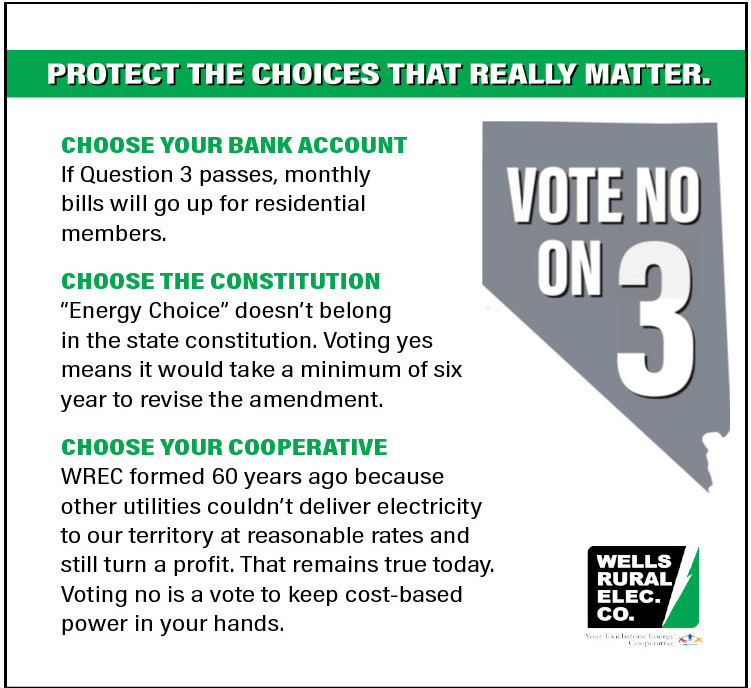Social Security Matters by AMAC Certified Social Security Advisor Russell Gloor
Association of Mature American Citizens

Dear Rusty: Perhaps you could do an article about deferring Medicare Part B. I never found a way to formally “defer” part B, so apparently, we just ignore it if we have other qualified health insurance. I turned 65 in January but am still fully employed with qualified medical insurance. I became aware of the potential penalties for not enrolling in Medicare correctly, but despite my best efforts it still came out wrong for me. In my research I found I could defer Part B but that it would be good to get the deferral on record (somehow) when we enroll in part A. I created an account online and signed up. I had to bring some paperwork to the SS office and while there I brought up the Part B deferral. I was told that I was “all set” but a few weeks later I got a bill for Part B, so I had to take time off and go straighten it out at the SS office. I never did find anything online about “how to formally defer Medicare B.” Signed: Working Still
Dear Working: It’s a fact that many more people are continuing to work past age 65 and have no need to enroll in Medicare Part B because they continue to have group healthcare coverage through their employer. So long as that employer coverage is “creditable,” you can decline Part B until your employer coverage ends, and thus avoid the Part B premium (2018 base premium is $134/month). Although Medicare and Social Security are two separate agencies, they are inextricably linked since the Social Security Administration handles Medicare enrollment and administers premium payments. Though Medicare Part A (hospital coverage) is usually free and should be taken at age 65, Medicare Part B (doctors & outpatient services) is optional because there is a premium associated with it. For this reason, it may be declined and so long as one has “creditable” healthcare coverage there will be no penalty for enrolling in Part B later (“creditable” coverage is an employer group health plan for at least 20 employees). Not having creditable Part B coverage after age 65 will result in a lifetime late enrollment penalty when it is eventually taken. So how does one decline Part B?
If you are already receiving early Social Security benefits, you will be automatically enrolled in Medicare A & B when you turn 65. If you do not want Part B because you still have creditable group coverage from your employer, when you get your Medicare enrollment package for Parts A & B it will include a page to which your new Medicare card will be attached. To indicate that you want to decline Part B, the back of that page has a spot to specify that you wish to decline Part B. That intent should be so marked, and the page returned to Social Security in the postage-paid envelope provided. If someone is not yet collecting Social Security benefits when they enroll in Medicare at age 65, the option to decline Part B is given as part of the application process, both online and in-office (Part A should be taken because it is free, and also because it’s required to collect Social Security after age 65). Declining Part B during the application process or by returning your preference via US mail should normally resolve the matter. However, as with any agency as big as the Social Security Administration or Medicare, timeliness of processing could be an issue and mistakes can be made, and that is what appears to have happened in your case. But either of the methods described above should normally work fine when you wish to decline Medicare Part B coverage.
This article is intended for information purposes only and does not represent legal or financial guidance. It presents the opinions and interpretations of the AMAC Foundation’s staff, trained and accredited by the National Social Security Association (NSSA). NSSA and the AMAC Foundation and its staff are not affiliated with or endorsed by the Social Security Administration or any other governmental entity. To submit a question, visit our website (amacfoundation.org/programs/social-security-advisory) or email us at ssadvisor@amacfoundation.org.







